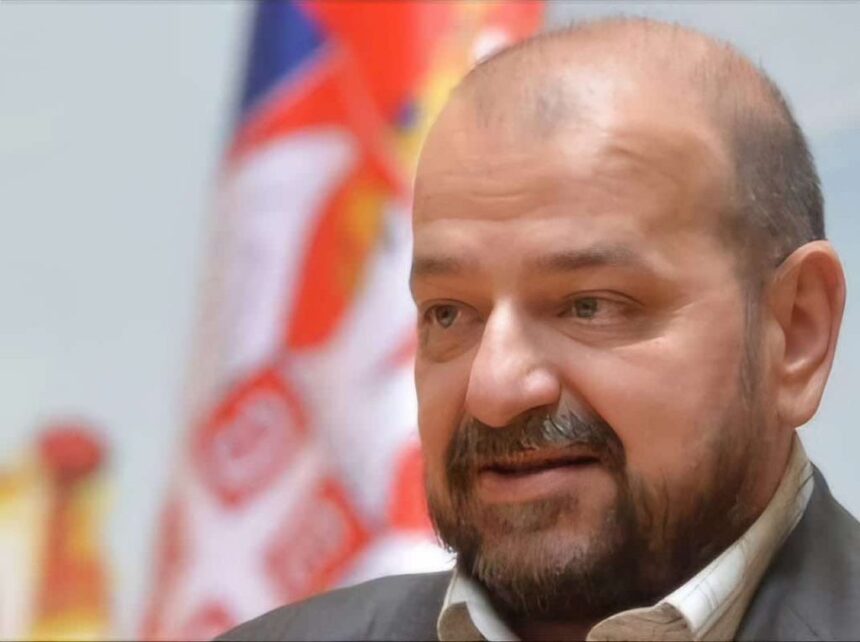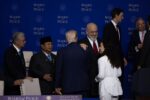Serbian President Aleksandar Vučić has shifted back to radical and aggressive political rhetoric, raising concerns over regional stability as he faces growing domestic pressure and fears losing power by the end of 2025. Political analyst Dragan Sormaz warns that Vučić’s recent actions mark a dangerous return to the hardline policies of the 1990s, targeting Kosovo and Bosnia and Herzegovina with inflammatory nationalist rhetoric.
Radical Shift in Vučić’s Foreign Policy
According to Sormaz, Vučić’s government openly questions the Brussels Agreement, accusing the European Union and Kosovo leaders of deceit, while ignoring Serbia’s commitments under UN Resolution 1244 and the Kumanovo Military-Technical Agreement. This stance jeopardizes Serbia’s European Union accession process, with the President exploiting Kosovo’s upcoming parliamentary and local elections to intensify his rhetoric and distance Serbia from Brussels.
Kosovo’s Progress and Serbian Backlash
Despite Vučić’s aggressive posture, Kosovo is moving ahead with the formation of the Union of Serbian-Majority Municipalities, a key part of the Brussels Agreement. Kosovo’s government also aims to strengthen its sovereignty and accelerate international recognition and membership in global organizations. Meanwhile, several Serbian individuals accused by Kosovo prosecutors are cooperating with judicial authorities, indicating internal fractures within Serbia’s approach.
Bosnia and Herzegovina Crisis
Vučić’s regime has aligned itself with Milorad Dodik’s separatist and destabilizing policies in Bosnia and Herzegovina, threatening the country’s fragile peace established by the Dayton Agreement. Sormaz highlights how Serbia’s support for Dodik undermines regional security and deepens political isolation.
Rising Anti-European Sentiment in Serbia
Anti-EU rhetoric in Serbia has escalated sharply, fueled by fears over EU enlargement to the Western Balkans. Sormaz questions whether Vučić’s regime has abandoned European integration as Serbia’s strategic goal. He stresses the urgent need for Serbia to embrace Euro-Atlantic institutions to avoid becoming a “remote periphery of Europe” marked by economic hardship and political instability.
The Path Forward
Dragan Sormaz urges Serbian leadership to seize the opportunity for reform and genuine integration with Europe. “Only fools stumble twice over the same stone,” he warns, highlighting that Serbia’s future depends on overcoming nationalism and aligning with democratic values and regional cooperation.







